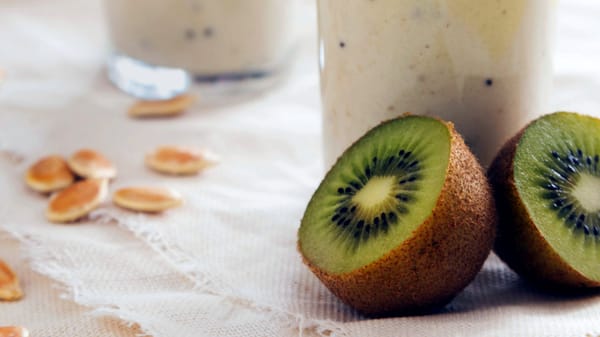Diet and Exercise: A Harmonious Union for Optimal Health

When it comes to achieving optimal health, diet and exercise are two of the most important factors to consider.
By combining a healthy diet with regular exercise, you can lose weight, increase energy levels, and reduce the risk of chronic diseases.
In this article, we'll explore the importance of diet and exercise, and provide tips on how to incorporate them into your daily routine.


Nutrition 101
When it comes to a healthy diet, variety is key. Eating a range of fruits, vegetables, whole grains, and lean protein sources will provide your body with the necessary nutrients to function properly.
These foods are rich in fiber, vitamins, and minerals that can help to boost your energy levels, support your immune system, and even reduce your risk of chronic diseases.
Incorporating these foods into your diet can be easy and delicious. Try to include a variety of different colored fruits and vegetables in your meals to ensure you are getting a range of nutrients. Some examples of healthy foods include:
- Leafy green vegetables like spinach and kale
- Crunchy fruits like apples and berries
- Whole grains like brown rice and quinoa
- Lean protein sources like chicken and fish
On the other hand, there are some foods that you should try to limit or avoid in your diet. These include sugary drinks, fast food, and processed snacks that are high in calories and low in nutrients. These foods can be detrimental to your health, and can even lead to weight gain and chronic diseases.
By making a few simple changes to your diet, you can start to feel the benefits of a healthy, balanced diet.
Try to cook at home using fresh ingredients, and limit your intake of processed and packaged foods.
With a little bit of planning and creativity, you can create delicious and nutritious meals that will help you feel your best.


Exercise for Life
Now that we've established the importance of a healthy diet, it's time to talk about the other half of the equation: regular exercise.
Exercise is essential for maintaining a healthy weight, increasing energy levels, and reducing the risk of chronic diseases. When combined with a balanced diet, exercise can help you achieve optimal health and feel great.
So, how much exercise do you need? Aim for at least 150 minutes of moderate-intensity exercise per week. This can be broken down into 30 minutes per day, five days a week. You can choose from a variety of activities, such as:
- Brisk walking
- Cycling
- Swimming
- Dancing
- Jumping rope
In addition to cardio exercises, you can also incorporate strength training into your routine. This can be done with:
- Weightlifting
- Bodyweight exercises
- Resistance band exercises
Strength training can help you build muscle, boost your metabolism, and increase your energy levels. Remember to listen to your body and rest when needed. Overexertion can lead to injury or burnout, which can set you back from achieving your health goals.
It's also important to find exercises that you enjoy and that fit your lifestyle. Experiment with different activities until you find what works best for you.
And don't forget to schedule exercise into your daily routine, just as you would any other important appointment. With regular exercise and a healthy diet, you'll be well on your way to achieving optimal health and feeling great.
Conclusions
In conclusion, diet and exercise are two of the most important factors to consider when it comes to achieving optimal health. By combining a healthy diet with regular exercise, you can lose weight, increase energy levels, and reduce the risk of chronic diseases.
Remember to always listen to your body and make sustainable lifestyle changes that you can maintain in the long term.




